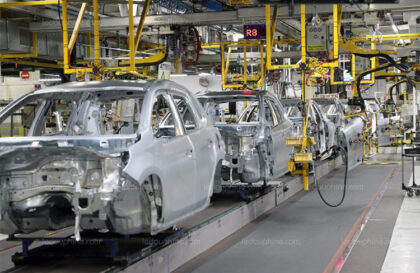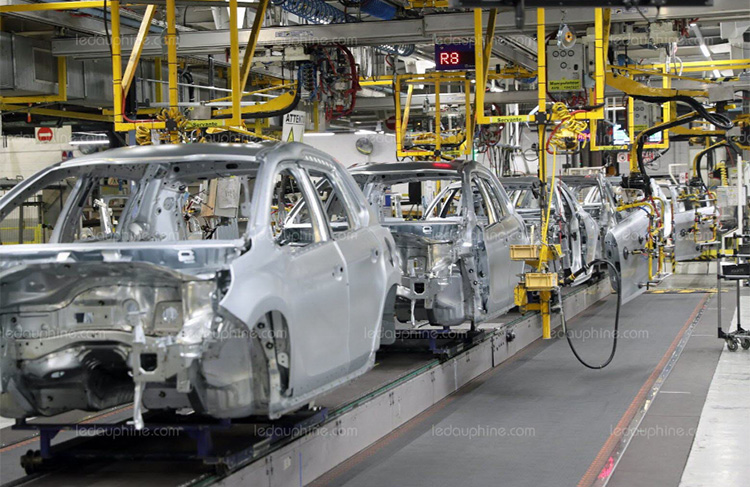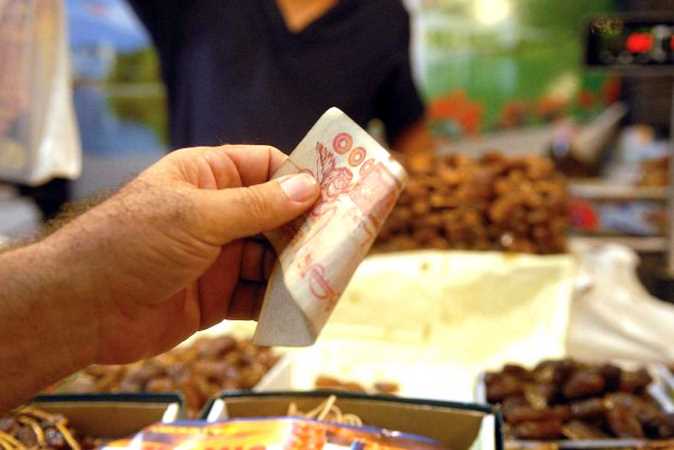 The struggling car industry on which Algeria pinned hopes to jump start its industry has received another bad news with the shutdown of a Kia assembly plant on the footsteps of Volkswagen.
The struggling car industry on which Algeria pinned hopes to jump start its industry has received another bad news with the shutdown of a Kia assembly plant on the footsteps of Volkswagen.
Long described as “disguised imports” Algeria’s policy of attracting car assembly plants since 2012 has so far showed disappointing results and came up against the lack of industrial clusters that can increase the percentage of local sourcing in cars.
Volkswagen closed its plant in December 2019, a decision made in response to “the corruption” of its local partner SOVAC and the climate of political instability.
Renault has also threatened to close a factory in which it assembles a low-cost brand supplying the domestic market. Renault has explained that import restrictions imposed by authorities could leave no option but to shutdown.
The end of the expensive oil era in 2014, has prompted the Algerian regime to take drastic measures to curb imports undermining car assembly plants.
Lack of strategy
The production of cars within the country was seen as a means to reduce imports. Yet, this approach proved to be inadequate in view of the rise in car parts imports, which kept car prices in Algeria higher than elsewhere in Europe.
The Renault Symbol made in Algeria costs some 200,000 dinars (€1,600) more than its imported counterpart, the Dacia Logan. The price of Hyundai i10 made in Algeria is also €2,000 more expensive than the price of the same small car in France.
The low percentage of locally produced parts in Algerian car assembly plants is reflective of a lack of action on the upstream to attract foreign parts suppliers and encourage local enterprises to operate in the sector
Another reason why the car industry is a fiasco in Algeria is the country’s investment unfriendly legislation.
The archaic banking system has also been pushing investors away. Algeria’s banks remain state-dominated and highly corrupt thus thwarting foreign direct investments.



